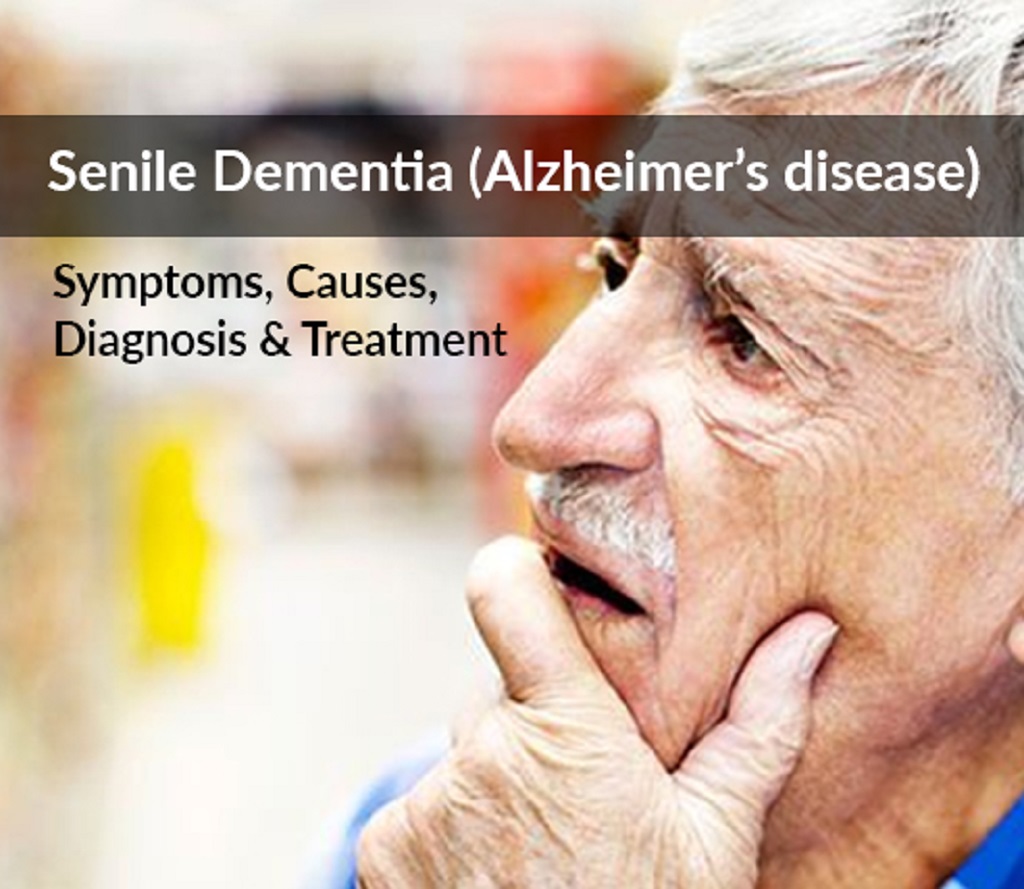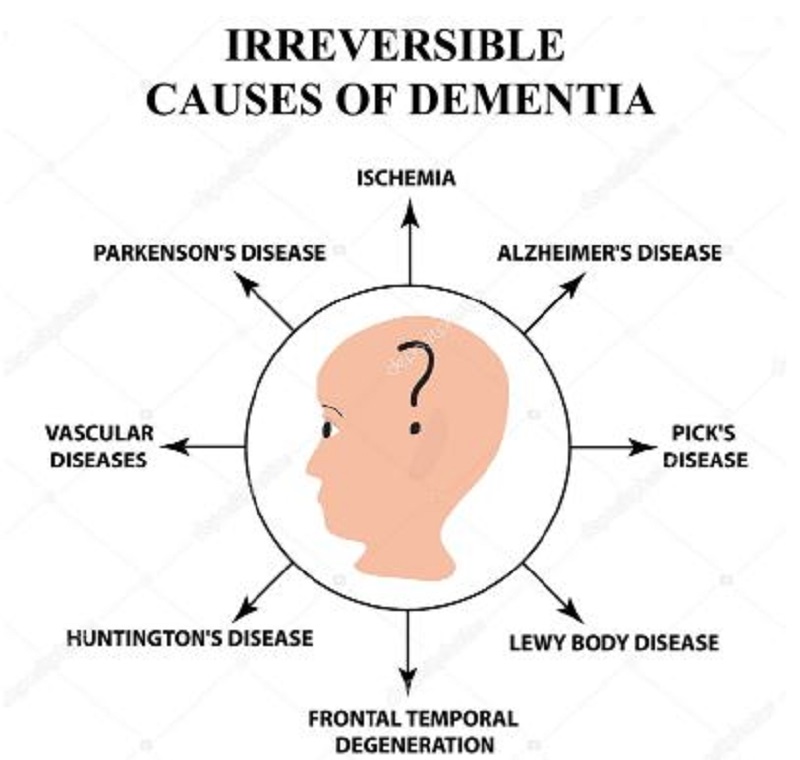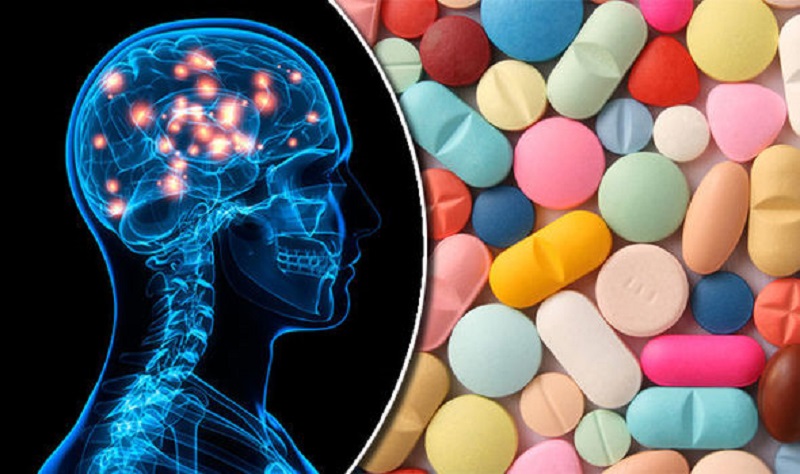
Age-related Senile Diseases are the conditions that happen more frequently in Young People as they get older, which means age is a critical danger factor. “They must be going senile.” Many of us have heard a few versions of this phrase throughout our lives. It's often used to suggest that some people, normally older grown-ups, are losing their intellectual faculties.
However, what does the word senile mean? Furthermore, is it ever appropriate to utilize?
The short answer is no. “Senile” and “senility” have often been utilized mistakenly to refer to somebody with dementia, making a harmful and frequently pernicious meaning of the word. Today, “senile” is generally viewed as an affront and isn't utilized besides as a part of archaic medical condition names.
The more precise method for referring to regular changes of aging, particularly those connected with mental and intellectual functioning, is “cognitive changes.”
Today, active, healthy Young People are challenging numerous Social Environmental Reasons about aging, such as the notion that an actual decrease in mental state is a standard or natural part of aging. While intellectual changes do happen as we age, they're not the same as what's found in people with dementia.
What natural changes happen as we age? If the intellectual changes that occur during the normal aging process are not the same as dementia, then what is dementia, and How to Prevent it as we age? Read on to learn more.
Memory loss that starts of nowhere or essentially slows down your capability to work in daily life might mean a more serious problem is present.
Dementia is a slow decline in memory, critical thinking capacity, learning capacity, and judgment that might happen more than a little while to a while. Numerous ailments can cause dementia or indications like dementia. Alzheimer's contamination is the most widely recognized reason for dementia in people older than 65.
Delirium is a sudden change in how well a person's mind functions. Delirium can create turmoil, change the sleep-wake cycles, and cause strange behavior. It can have many causes, like withdrawal from liquor or medications or drugs, or the turn of events, or worsening of an infection or other medical condition.
Amnesia is a memory loss that might be caused by a head injury, a stroke, substance abuse, or an extremely emotional event, such as from battle or a motor vehicle mishap. Depending on the reason, amnesia might be either impermanent or highly durable.
What Causes Dementia?

The reasons for Alzheimer's and related dementias can fluctuate, contingent upon the kinds of brain changes occurring. While research has observed that a few changes in the brain are connected to specific types of dementia, generally, the hidden causes are obscure. Uncommon hereditary transformations might cause dementia in a moderately small number of people.
Although there is no demonstration in general, leading a healthy lifestyle might assist with decreasing danger factors that have been related to these illnesses.
Symptoms of Dementia
The symptoms of dementia will quite often show up leisurely and progressively deteriorate. Everybody with dementia unexpectedly experiences the symptoms; however, they might include:
- Inconvenience remembering.
- Trouble focusing.
- Trouble speaking with people.
- Challenges connected with thinking, judging. Circumstances or tackling issues.
- Vision issues.
Signs that could highlight dementia include:
- Getting lost in a familiar neighborhood.
- Failing to remember things that happened a long time ago.
- Failing to remember the name of a relative or dear companion.
- Requiring help to do jobs that never used to be an issue.
- Utilizing some inappropriate words to refer to known objects.
Dementia Treatments

To treat dementia, doctors will treat whatever is causing it. Around 20% of the reasons for dementia are reversible. Assuming the basis for an individual's dementia isn't reversible, treatment will focus on managing symptoms, especially tumult and other emotional concerns.
Aducanumab-avwa (Aduhelm) is the primary drug supported by the FDA to treat Alzheimer's illness for many years. If your loved one is in the beginning phases of Alzheimer's disease, the most widely recognized type of dementia, their doctor might recommend this month-to-month implantation. It's a monoclonal antibody that lessens the development of things called amyloid plaques in your brain. These plaques are essential for what prompts the memory loss associated with Alzheimer's disease.
Medications, such as acetylcholinesterase inhibitors, can sometimes assist with easing back the movement of intellectual changes; however, frequently, the impacts of meds are just modest and can't prevent eventual worsening of the fundamental condition.
Summary
Senility can be an older term for dementia, however utilizing the two conversely suggests that characteristics of dementia are ordinary of propelling age — which isn't correct.
Dementia is an umbrella word for a gathering of conditions that influence thinking, concentrating, or recall. These conditions are more common in older grown-ups, yet they can create in younger people.
Dementia is typically moderate, and there is frequently no cure; however, medicines can slow the rate at which symptoms worsen and reduce their effect.
Any individual who accepts that they or a friend or family member has indications of dementia should talk with a doctor.
